Fajr Al-Quran
-
Quran
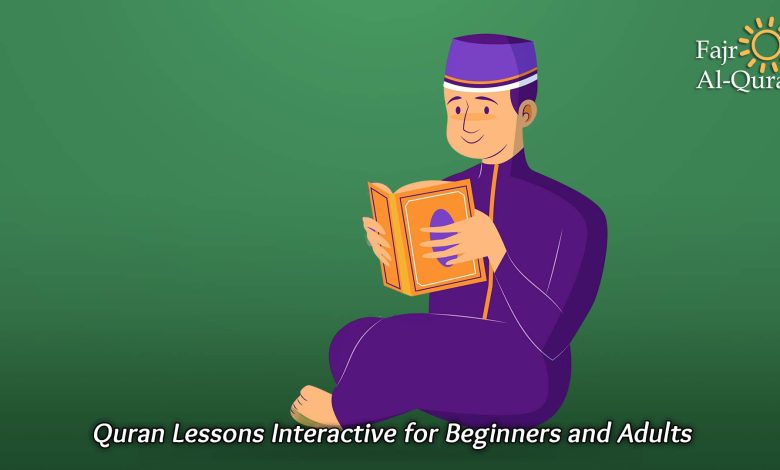
Quran Lessons Interactive for Beginners and Adults
Quran lessons for beginners and adults are online educational programs that use engaging, personalized teaching methods to help learners of all ages acquire Quranic knowledge and skills. These courses cover topics like Tajweed (proper recitation), memorization (Hifz), and Tafsir (interpretation). Utilizing digital tools like video, text chat, and whiteboards to foster direct interaction with qualified tutors. Designed for flexible learning,…
Read More » -
Quran

Quran Classes Online with Expert Teachers
Online Quran classes with expert teachers offer a convenient way to learn Quranic recitation, Tajweed, and memorization from the comfort of your home. These classes typically provide a structured curriculum suitable for various age groups and skill levels, from beginners to advanced learners. Also, Quran classes online with expert teachers provide a trusted and convenient way to access…
Read More » -
Quran
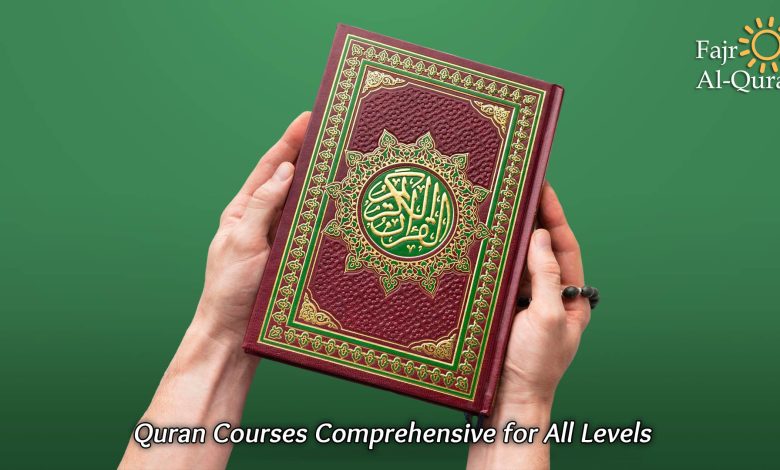
Quran Courses Comprehensive for All Levels
Quran Courses for All Levels are structured learning programs designed to teach the Quran, covering foundational reading like the Noorani Qaida, to students of any age and skill level. From complete beginners who cannot read Arabic to advanced students seeking to master recitation, Quran Courses offer a comprehensive path to study the Quran. The Quran courses are offered…
Read More » -
Quran
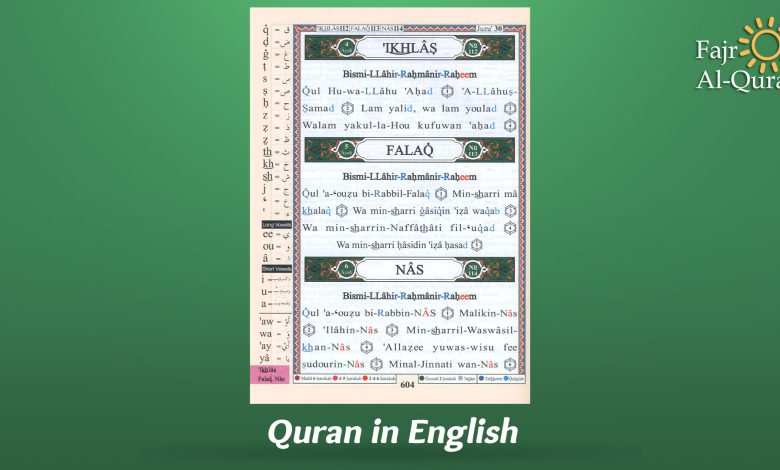
Quran in English: Best Translations and Study Tips
Quran In English (or Qur’an) refers to the central religious text of Islam, which Muslims believe to be the literal word of God (Allah) revealed to the Prophet Muhammad by the archangel Gabriel. The Quran in English involves comprehending the meanings, context, and messages within the Quran’s verses, as well as the historical and cultural background. Quran in English necessitates…
Read More » -
Quran
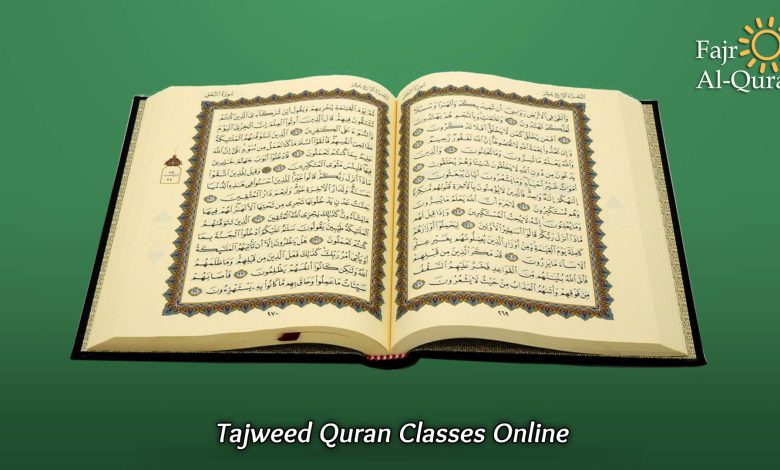
Tajweed Quran: Learn the Art of Proper Quran Pronunciation
Tajweed Quran is the set of linguistic and phonetic rules for the proper, accurate, and beautiful pronunciation of the Quran. Ensuring Tajweed Quran each letter is articulated correctly from its proper point of origin with its rightful characteristics, thereby preserving the divine message’s meaning and integrity. Learning Tajweed Quran is an essential step toward improving Quran recitation skills,…
Read More » -
Arabic language

Quran in Arabic: Why It’s Important to Learn
The Quran in Arabic online is to variety of digital resources that allow you to learn the Quran in its original Arabic language, understand the Quran in Arabic, or memorize the Quran fluently. While translations exist in every major language, there is something unique and irreplaceable about understanding the Quran in Arabic itself. The Quran in Arabic vocabulary,…
Read More » -
Quran
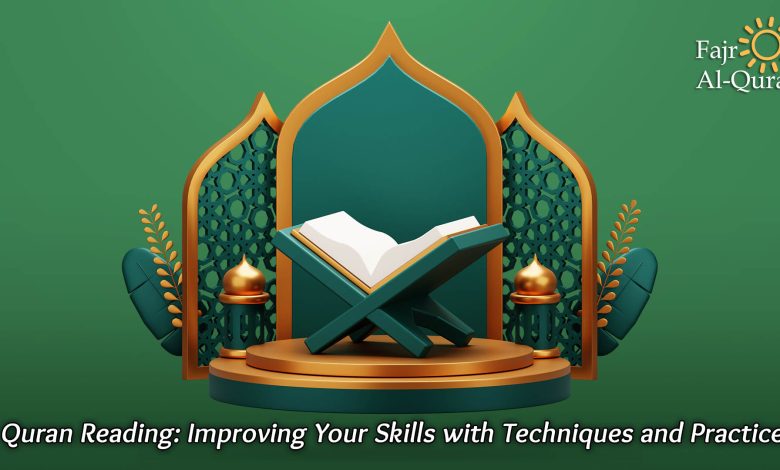
Quran Reading: Improving Your Skills with Techniques and Practice
Quran Reading correctly with Tajweed is essential for every Muslim who wishes to understand, connect, and live by its teachings. With modern technology and Practices, Muslims around the world now have easy access to Quran reading through online programs, mobile apps, recitations, and even live classes from experienced male and female Quran tutors. One of the leading platforms…
Read More » -
Quran
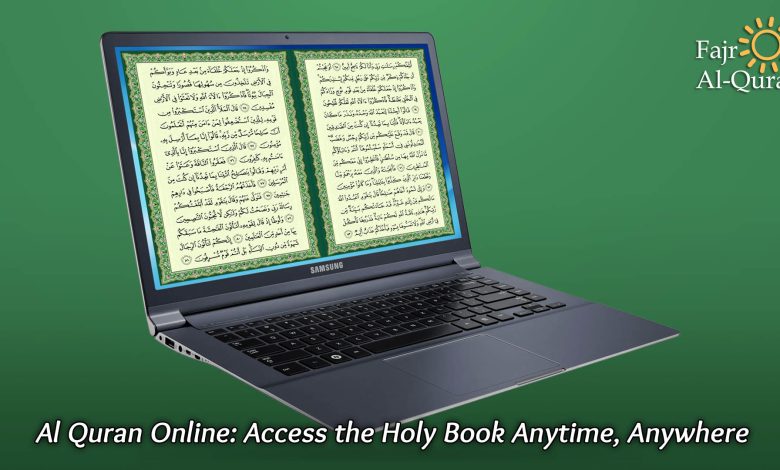
Al Quran Online: Access the Holy Book Anytime, Anywhere
Al Quran Online resources provide access to the Quran anytime, anywhere, and resources include audio recitation by renowned reciters and translations in multiple languages, enhancing the reading and listening experience. Al Quran Online resources offer a realistic page-turning effect, similar to a physical Quran. With modern platforms, websites, and apps, you can read, listen to, and understand Al Quran online…
Read More » -
Quran
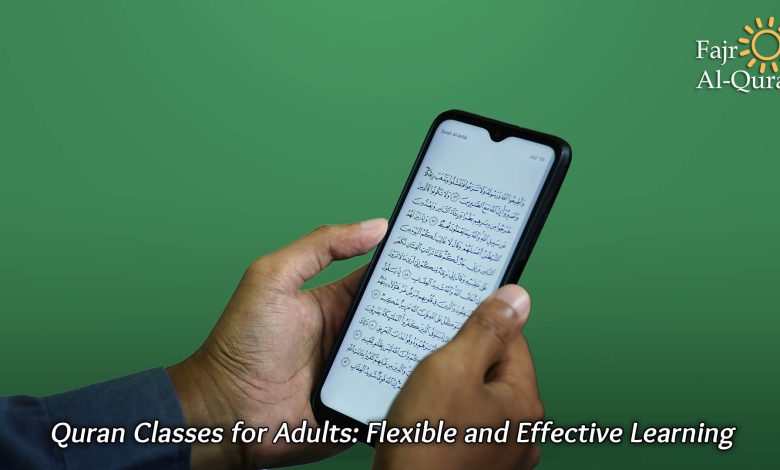
Quran Classes for Adults: Flexible and Effective Learning
Quran classes for adults are educational programs, offered online, that guide various aspects of the learning Quran and Islam. Including Tajweed rules, Quran memorization, and understanding the Quran’s meaning through Tafsir. The Quran classes for adults feature qualified instructors and cater to learners of all levels. Offering personalized instruction to help adults deepen their connection to Islam and the Quran.…
Read More » -
Quran
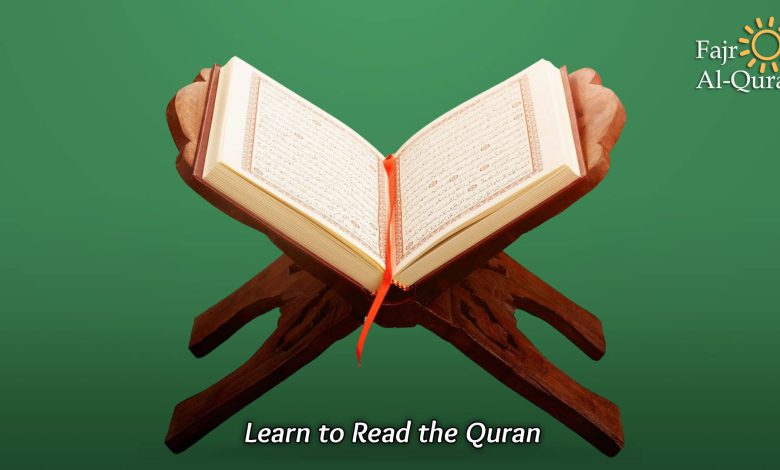
Learn to Read the Quran: Tips and Resources for Beginners
To learn to read the Quran, one should start by mastering the Arabic alphabet and how letters connect, then learn Tajweed for proper pronunciation. Daily practice with short verses, especially from Juz Amma, is crucial for building skills. To learn to read the Quran, find a qualified Quran tutor or use online resources for structured guidance, and complement reading with…
Read More »
